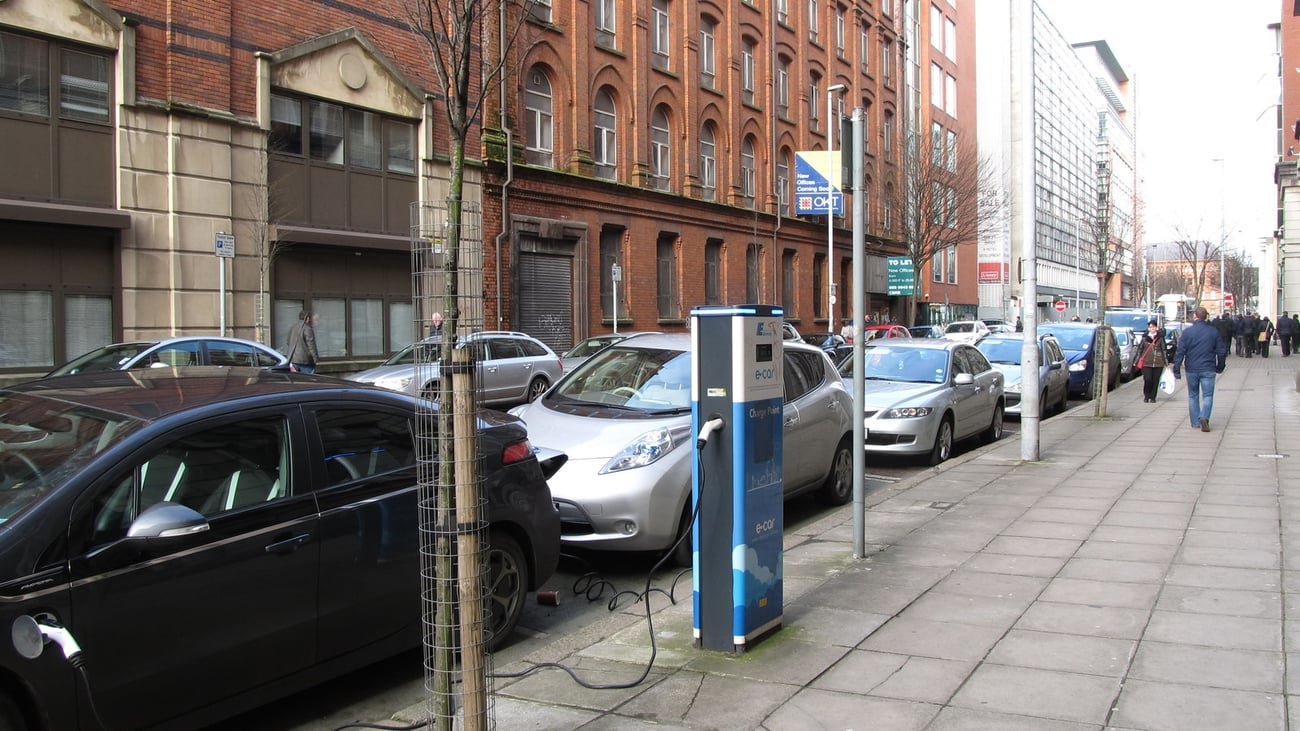
UK Plans Pay-Per-Mile Tax on Electric Vehicles to Close Revenue Gap
Government prepares to introduce a charge around 3p per mile for EVs from 2028 amid falling fuel duty receipts
The United Kingdom’s chancellor is considering a new pay-per-mile tax for electric vehicle drivers, a move designed to offset the rapidly declining fuel duty revenues as motorists switch away from petrol and diesel vehicles.
The charge is expected to be set at approximately three pence per mile and could raise around £1.8 billion annually by the early 2030s.Under the proposed scheme, drivers of battery-electric vehicles would estimate their annual mileage when paying road tax and make an upfront payment.
If they drive fewer miles, a credit would roll over; if they exceed their estimate, they would pay a top-up.
Hybrid vehicles would face a reduced rate.
The government aims for the new tax to begin in 2028, subject to consultation.The proposal comes as fuel duty receipts, which currently average about £600 a year for petrol and diesel drivers, are projected to fall sharply.
The Treasury notes that while electric vehicles avoid fuel duty, they still use public roads and infrastructure and should therefore contribute to upkeep.
Analysts warn, however, that the added charge may slow electric-vehicle adoption unless parallel measures are introduced to aid affordability and infrastructure access for lower-income and rural motorists.Industry associations have expressed concern that introducing such a charge at this stage may contradict efforts to meet zero-emission targets.
They argue the government should couple any new tax with enhanced incentives and better charging infrastructure.
The upcoming autumn budget is expected to provide further detail.
The move signals a significant shift in how road use will be taxed in the era of electric mobility.
The charge is expected to be set at approximately three pence per mile and could raise around £1.8 billion annually by the early 2030s.Under the proposed scheme, drivers of battery-electric vehicles would estimate their annual mileage when paying road tax and make an upfront payment.
If they drive fewer miles, a credit would roll over; if they exceed their estimate, they would pay a top-up.
Hybrid vehicles would face a reduced rate.
The government aims for the new tax to begin in 2028, subject to consultation.The proposal comes as fuel duty receipts, which currently average about £600 a year for petrol and diesel drivers, are projected to fall sharply.
The Treasury notes that while electric vehicles avoid fuel duty, they still use public roads and infrastructure and should therefore contribute to upkeep.
Analysts warn, however, that the added charge may slow electric-vehicle adoption unless parallel measures are introduced to aid affordability and infrastructure access for lower-income and rural motorists.Industry associations have expressed concern that introducing such a charge at this stage may contradict efforts to meet zero-emission targets.
They argue the government should couple any new tax with enhanced incentives and better charging infrastructure.
The upcoming autumn budget is expected to provide further detail.
The move signals a significant shift in how road use will be taxed in the era of electric mobility.









